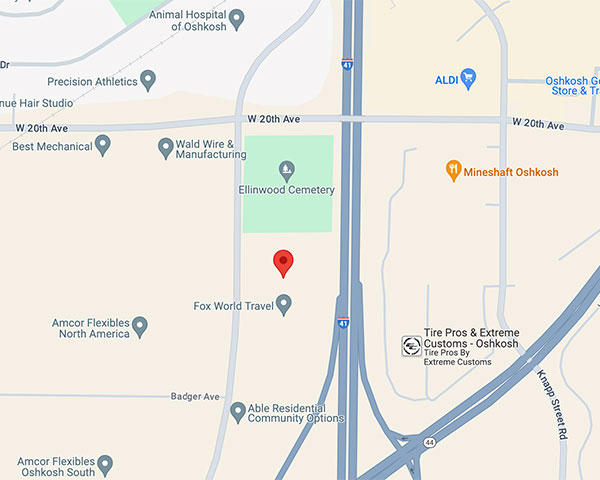
Fuchs Dystrophy
Fuchs dystrophy is a common disease of the cornea. Fortunately, most people have such a mild case that it does not affect their vision and they may never be aware of the diagnosis. The disease affects a layer of cells on the back surface of the cornea that help to keep the cornea clear. If the cells are compromised, the cornea becomes more swollen and the vision becomes blurred.
Typically, people will experience worse vision in the morning. This is because the swelling of the cornea is less when the eyes are open and some of the fluid can evaporate into the air. When first getting up in the morning, the eyes have been closed all night without any evaporation taking place. Sometimes, aiming a hair drier at arm’s length at the eyes can help clear the vision.
Often people become aware of the condition when discussing cataract surgery with their eye surgeon. The reason is that cataract surgery can make the Fuchs dystrophy worse. In these cases, a person can come out of surgery with one problem gone (the cataract is removed) while the other condition is worse (Fuchs dystrophy). The result is that the vision may not be significantly improved and may even be worse.
The treatments for Fuchs dystrophy include using a salt-solution eye drops or a cornea transplant. The eye drops can sting but will help clear the vision by absorbing some of the fluid in the cornea. For more significant cases, the only solution is a cornea transplant. Fortunately, transplants have become much less invasive with better results.
Dr. Larson and Dr. Raven are cornea specialists and take care of many patients with Fuchs dystrophy. They regularly perform cornea transplants and are available for a consultation at N.E.W. Vision Center.







